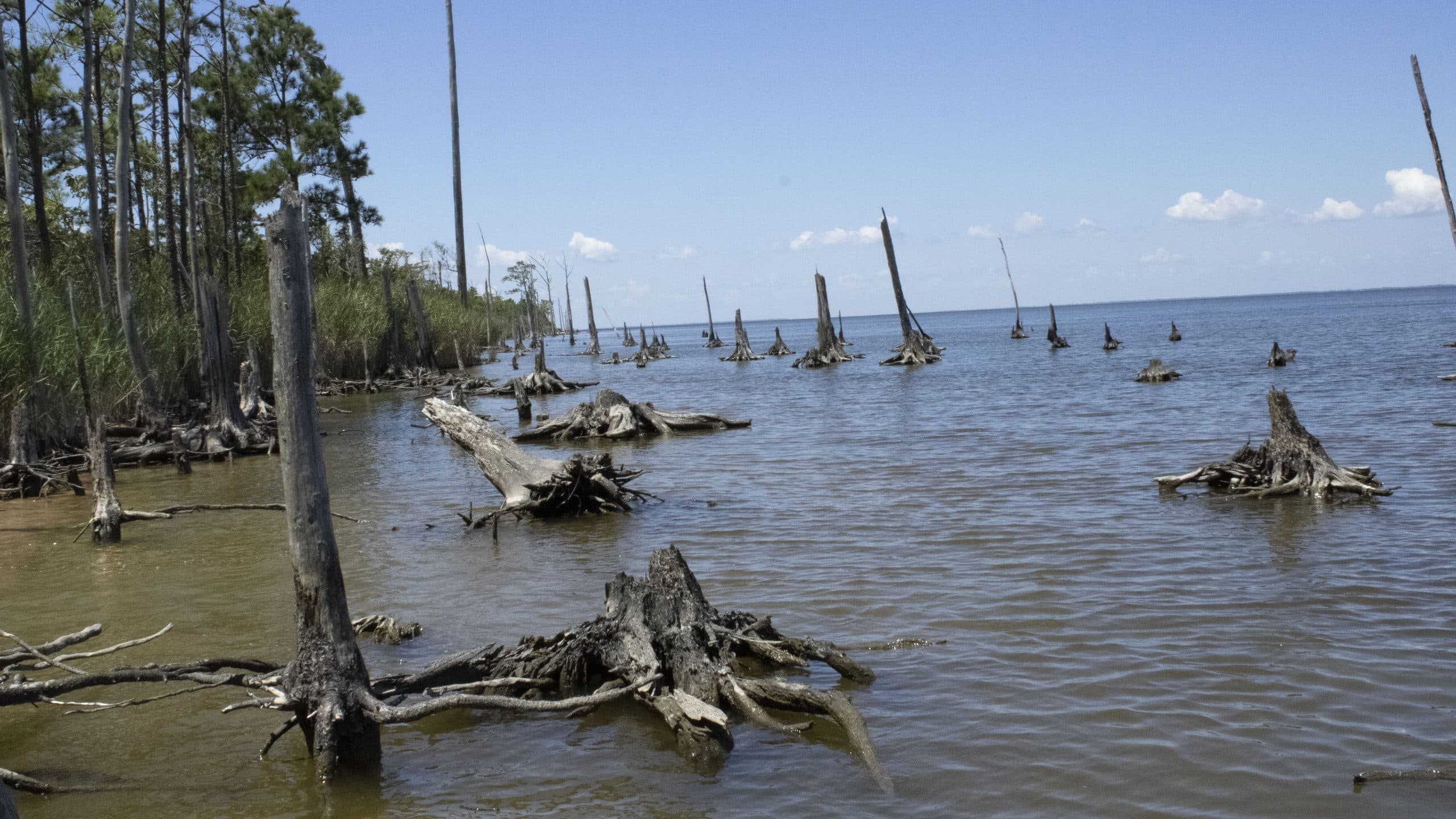Building Adaptive Capacities of Human Communities in Minnesota
Center Faculty Fellow Jordan W. Smith and graduate students Karly Bitsura-Meszaros and Allie McCreary are working on a participatory research project focused on building the adaptive capacity of natural resource dependent communities in northern Minnesota. Karly, a recent graduate of the Natural Resources Masters Program and the Center’s MGIST Program, and Allie, a PhD student currently pursuing the MGIST degree, recently published an overview of the project in the Michigan Journal of Sustainability. Karly is currently completing a spatial analysis of existing resource management plans along Lake Superior’s North Shore, and Allie is building an agent-based model to simulate visitor use patterns under various climate change scenarios. Publication citation and abstract are below.
Citation: Bitsura-Meszaros, K., A. McCreary, J.W. Smith, E. Seekamp, M.A. Davenport, J. Nieber, B. Wilson, D.H. Anderson, C. Messer, and M. Kanazawa. (2015). Building Coastal Climate Readiness along the North Shore of Lake Superior. Michigan Journal of Sustainability. 3: 111-119. http://dx.doi.org/10.3998/mjs.12333712.0003.009
Abstract: Nature-based tourism along the North Shore of Lake Superior is a driving force of the region’s economy. However, recent survey data reveal a decline in nature-based recreation participation across the North Shore (Kelly 2005). Climate change could exacerbate this trend by altering the conditions of natural resources and recreational infrastructure, thereby impacting the behavior of outdoor recreationists and tourists and, subsequently, the economies of local communities (de Freitas 2008). A multiple-methods research and outreach project is underway to explore how climate change will influence North Shore tourism. This paper explores the project’s interdisciplinary approach to determining community climate readiness by integrating the hydro-climatological and socio-economic sciences. The term “community climate readiness” refers 1) to local communities’ current ability to respond to climate-driven environmental changes (adaptive capacity), and 2) climate-related risks to nature-based recreation resources and tourism destinations (destination risk). The project demonstrates the ability to conduct interdisciplinary research through the integration of hydroclimatic modeling, economic analysis, and social science to determine and improve coastal communities’ climate readiness. An overarching goal of the project is to identify opportunities for North Shore nature-based recreation and tourism providers to either mitigate or cope with risks to local recreation resources and tourism destinations. The project’s framework will be helpful to practitioners and policy-makers in their own explorations of coastal climate readiness.
- Categories:


